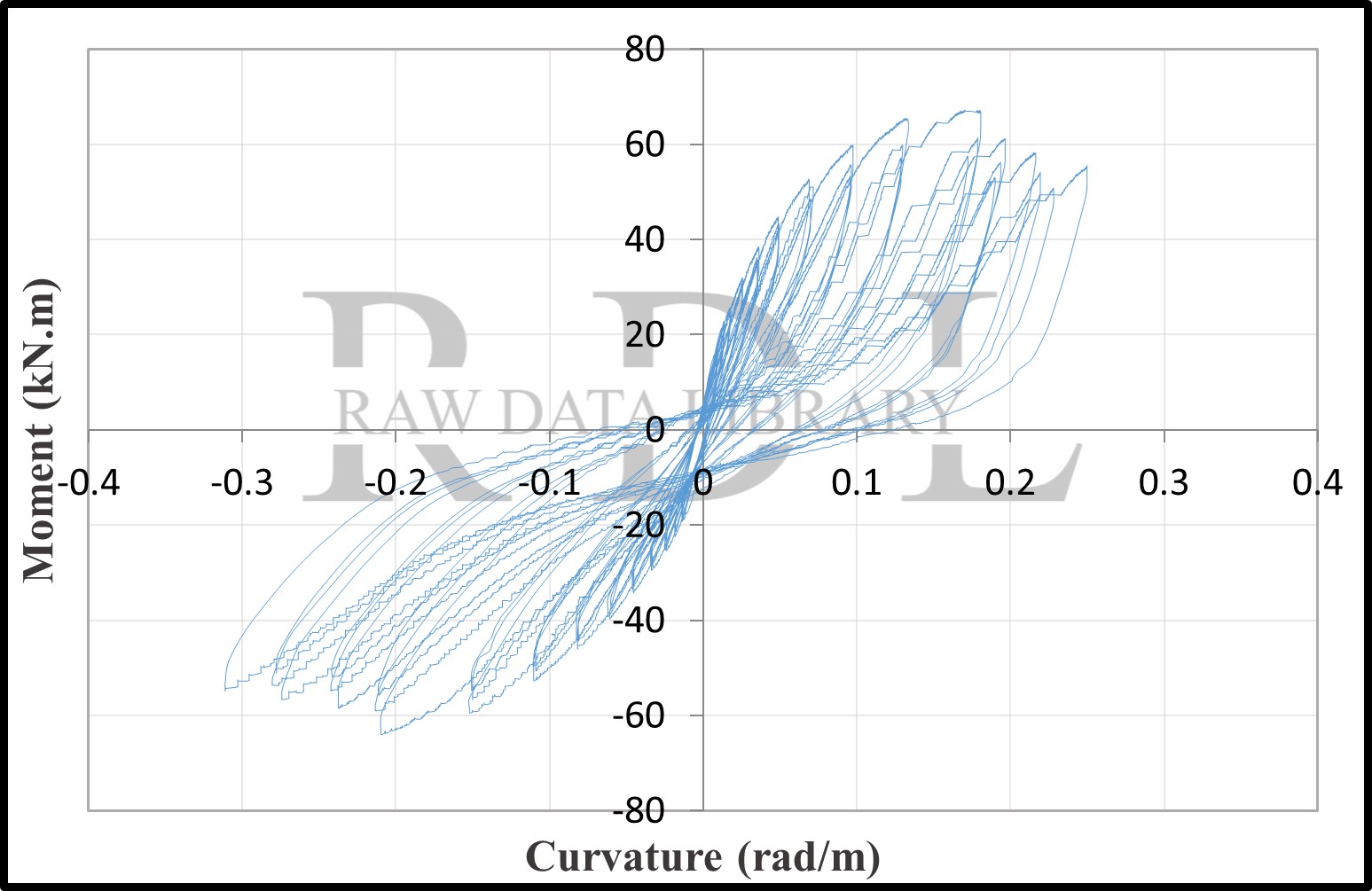Black Womanhood: Raciolinguistic Intersections of Gender, Sexuality & Social Status in the Aftermaths of Colonization
Abstract
In this essay, we highlight the colonial invention of oppositional and binary categories as a dominant form of social sorting and meaning-making in our society. We understand language as a tool for the construction, maintenance, and analysis of these categories. Through language, these categorizations often render those who sit at the margins illegible. We center the Black woman as the prototypical other, her condition being interpreted neither by conventions of race nor gender, and take Black womanhood as the point of departure for a description of the necessary intersecting and variable analyses of social life. We call for an exploration of social life that considers the raciolinguistic intersections of gender, sexuality, and social class as part and parcel of overarching social formations. In this way, we can advocate for a shift in linguistics and in all social sciences that accounts for the mutability of category. We argue that a raciolinguistic perspective allows for a more nuanced investigation of the compounding intersections of race, gender, sexuality, and social status that often function to erase Black womanhood.





















